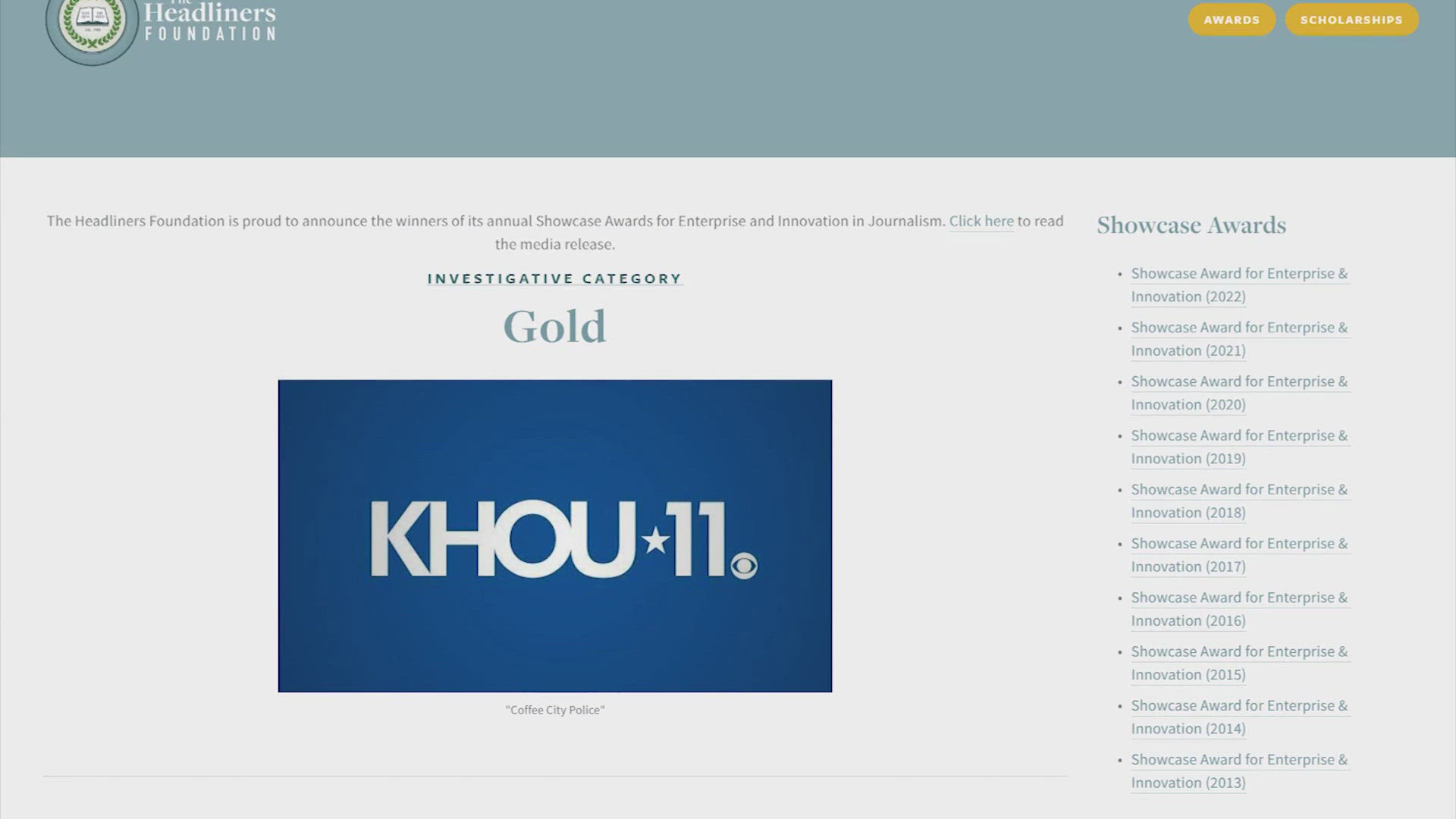It's only human to suggest something non-human has human traits. For weather, this is bad! Examples: Anger (The scariest trait). Cruelty (The most insidious one). Mercy (The most dangerous!)
Dangerous? If weather can be cruel, it can be merciful. But believing 'mercy' is a thing offered by weather leads to complacency over preparedness. When expecting something like a hurricane, we must not believe the storm will somehow offer a laurel of peace at the last minute because we're good people, or for whatever rationalized reason. Further, our culture is guilty of reinforcing the concept that 'weather' is sentient.
We commonly say in stories, "nature's wrath" and, "natures fury". We often say something was, "spared" -- suggesting nature decided its fate, but smiled upon it this time.
Naming hurricanes is yet another example of how we humanize. Naming storms is intended to help the general public remember whatever storm is being tracked but unfortunately lends not only humanizing, but "genderizing" an otherwise soulless weather phenomenon. "She's a big storm! Sandy will slam NJ!" In reality, a hurricane is just a simple, thermodynamic Earth heat-redistribution process. Names lead to associations with real people. We might think of someone named 'Sandy' and subconsciously apply her traits to the storm.
We've established that if a storm has fury, surely it also has mercy. This is further ingrained, if you look back to the days of Roman Emperors, when showing 'thumbs up' or 'thumbs down' decided the fate of a Gladiator.) Mercy was a real possibility.... If only it worked like that in weather.
Our weather today? #Houston (I mean, it's January. Come on!) pic.twitter.com/vuQi8IY5MV
— Brooks Garner⚡️ (@BrooksKHOU) January 12, 2017
Hurricane Brooks is heading for your town. Surely "I" will extend a hand of providence upon your neighborhood, from my otherwise relentless winds and deadly storm surge, right? You know me from TV. Or will, "I"? I'm not sure, because in reality, I'm just a soulless hurricane with no concern about who or what may be under my decimating footprint.
Of course, suggesting an intelligence outside of nature has influence over weather is yet another personification of sorts. This popularly dates back to Greek times, when Zeus was thought to hurl lightning bolts at people -- but we'll save the debate of the Divine's influence (and faith) in relation to weather for a later date(!)
The problem through all this is that nature is relentless and doesn't distinguish you from anything else. It's going to do what it's going to do. To suggest otherwise undoubtedly influences decision-making, and making decisions based on misinformation is never a good thing.

For the sea turtles caught in the cold in the northern Gulf of Mexico this past (arctic cold) weekend -- discovered dying on the beach -- weather did what it was going to do. Certainly those innocent, sweet turtles shouldn't have faced such a cruel fate. (Fortunately for those turtles a few good humans are nursing them back to health, when otherwise they'd be goners.) I find the turtle story sad, but also very honest. It demonstrates the reality of weather as being a force which will act upon anything in its way. Weather spares no person -- or turtle.
If nature was a human, it'd be a murderer. (Reference recently, the death toll in 2016 from Hurricane Matthew in Haiti.) Take a moment and think about how you might react to the next big storm heading your way. Does it have a soul? Does it have wrath? Or, is it just a scientific process of wind and temperature, finding an equalization point by manifesting into an organized system? Hope this helps you make a better decision next time.



